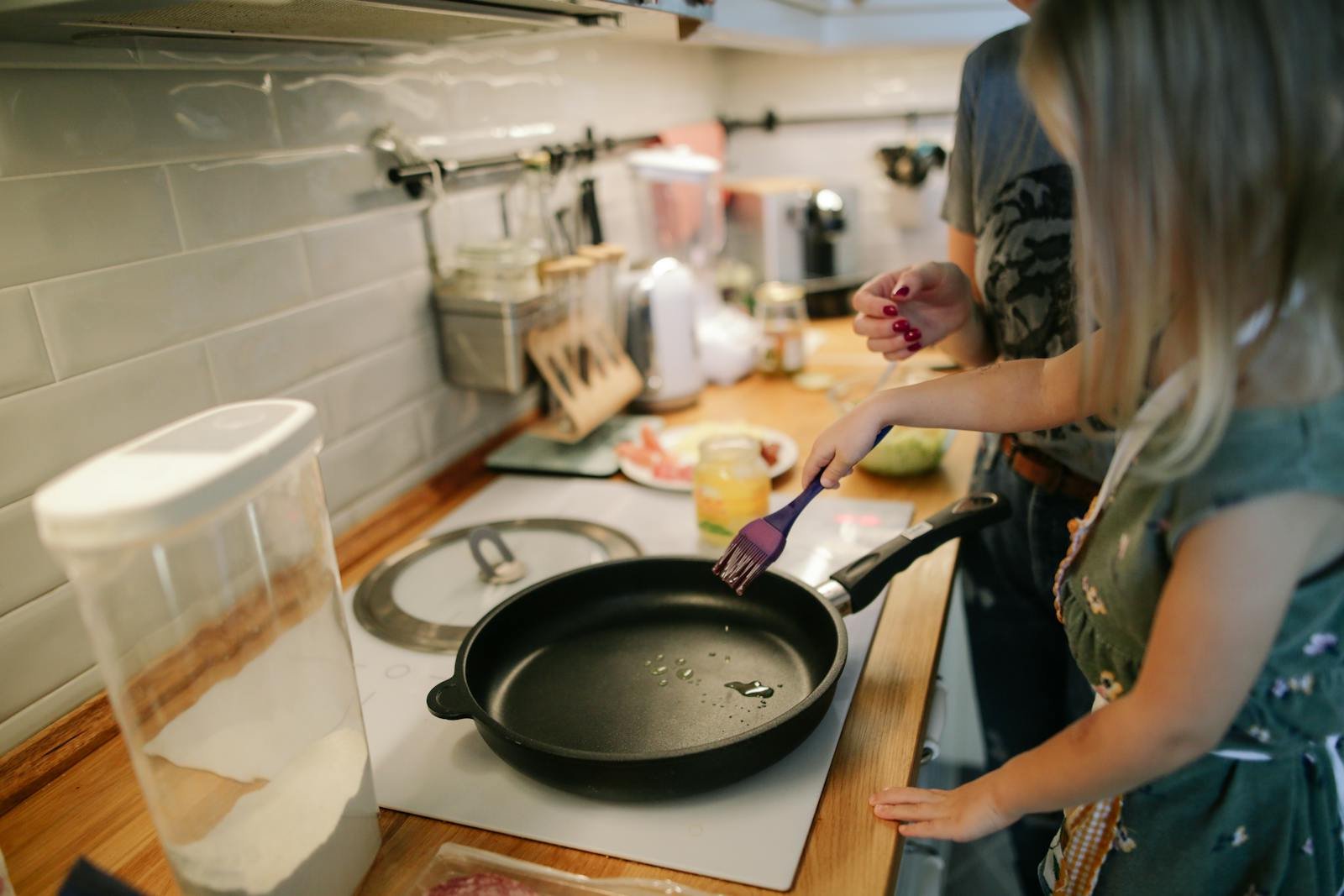Physical Address
304 North Cardinal St.
Dorchester Center, MA 02124
Physical Address
304 North Cardinal St.
Dorchester Center, MA 02124


Have you ever wondered how much energy your kitchen uses daily? From boiling water to baking your favorite dishes, cooking can be surprisingly energy-intensive. With a few simple changes, you can reduce energy consumption, save money, and make your kitchen more eco-friendly. Let’s explore practical and easy-to-apply tips to transform your cooking habits into energy-efficient practices.
Cooking accounts for a significant portion of household energy use. According to the U.S. Department of Energy, appliances like ovens, stoves, and microwaves contribute to roughly 10% of your total energy consumption. Beyond the financial cost, the environmental impact is substantial. Fossil fuels often power the electricity or gas that keeps your kitchen running, resulting in higher greenhouse gas emissions. Reducing your energy use while cooking benefits both the planet and your wallet, making it a change worth considering.
Many people unknowingly waste energy in the kitchen. Some common habits that lead to higher energy bills include:
Breaking these habits is the first step toward a more energy-efficient kitchen.
Here’s how you can make your cooking practices more eco-friendly:
Switching to energy-efficient kitchen appliances can significantly cut down your electricity usage. Look for devices with the ENERGY STAR label, which indicates compliance with strict energy efficiency standards. Some energy-efficient options include:
Cooking techniques also play a major role in energy use. Try these strategies:
The way you use your stove and oven can have a big impact on energy efficiency:
For small or quick meals, the microwave is a much more energy-efficient option than the stove or oven. It uses up to 80% less energy compared to conventional cooking methods. Use the microwave for reheating or defrosting food to save time and energy.
Save energy effortlessly with the COMFEE’ EM720CPL-PMB Countertop Microwave, featuring an ECO mode that reduces standby power consumption by 50%, making it perfect for eco-conscious kitchens.
In warmer climates, consider outdoor cooking to avoid heating your home unnecessarily. Grills and solar cookers are excellent alternatives that minimize indoor energy use.
Emma, a busy professional living in London, decided to make her kitchen more energy-efficient after noticing her high utility bills. She replaced her outdated stove with an induction cooktop and started using a slow cooker for soups and stews. By batching her cooking on Sundays, she reduced the number of times she had to reheat meals during the week. Emma shared, “I’ve cut my energy bills by 15%, and I feel good knowing I’m making eco-friendly choices.”
While reducing energy use is crucial, other sustainable habits can further enhance your eco-friendly kitchen:
At EcoTipsEveryday.com, we believe that small, intentional changes can lead to big impacts. When we all make an effort to save energy in the kitchen, we collectively reduce our environmental footprint. These changes don’t require significant time or financial investment, just a shift in habits and awareness.
What are your favorite energy-saving tips in the kitchen? Have you tried any of the methods above, or do you have others to share? Reducing energy use while cooking is a simple yet powerful way to contribute to a more sustainable lifestyle. From investing in energy-efficient appliances to optimizing your cooking habits, every step helps. Let’s work together to create eco-friendly kitchens around the globe—starting with yours today!